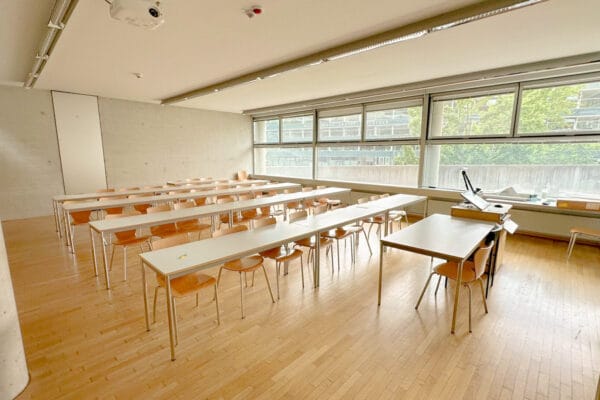
NAME:
SOWI - SR 1
BUILDING:
SOWI
FLOOR:
1
TYPE:
Seminar Room
CAPACITY:
35
ACCESS:
Only Participants
EQUIPMENT:
Beamer, PC, WLAN (Eduroam), Handicapped Accessible, LAN, Whiteboard, Speaker Desk
In dryland territories, public policies have often focused more on the biophysical and socio-economic limitations of these unfavourable or marginal areas (Easdale and Domptail, 2014) than on the socio-ecological and productive potential of the place. The department of Malargüe, located in the last region of Mendoza province before the full transition to Patagonia, represents a distinctive example of this. Understanding forms of state intervention in rural spaces implies attending to analytical shifts in the consideration of the state, particularly for arid or semi-arid territories, whose partialised references from the spheres of governance tend to confuse a natural situation – such as aridity – with an induced process – such as degradation (Michel, 2021). In this paper we question the future of transhumant activity in the context of strong socio-ecological changes brought about by the advance of neo-extractivist mining in South American mountains.

We and use cookies and other tracking technologies to improve your experience on our website. We may store and/or access information on a device and process personal data, such as your IP address and browsing data, for personalised advertising and content, advertising and content measurement, audience research and services development. Additionally, we may utilize precise geolocation data and identification through device scanning.
Please note that your consent will be valid across all our subdomains. You can change or withdraw your consent at any time by clicking the “Consent Preferences” button at the bottom of your screen. We respect your choices and are committed to providing you with a transparent and secure browsing experience.